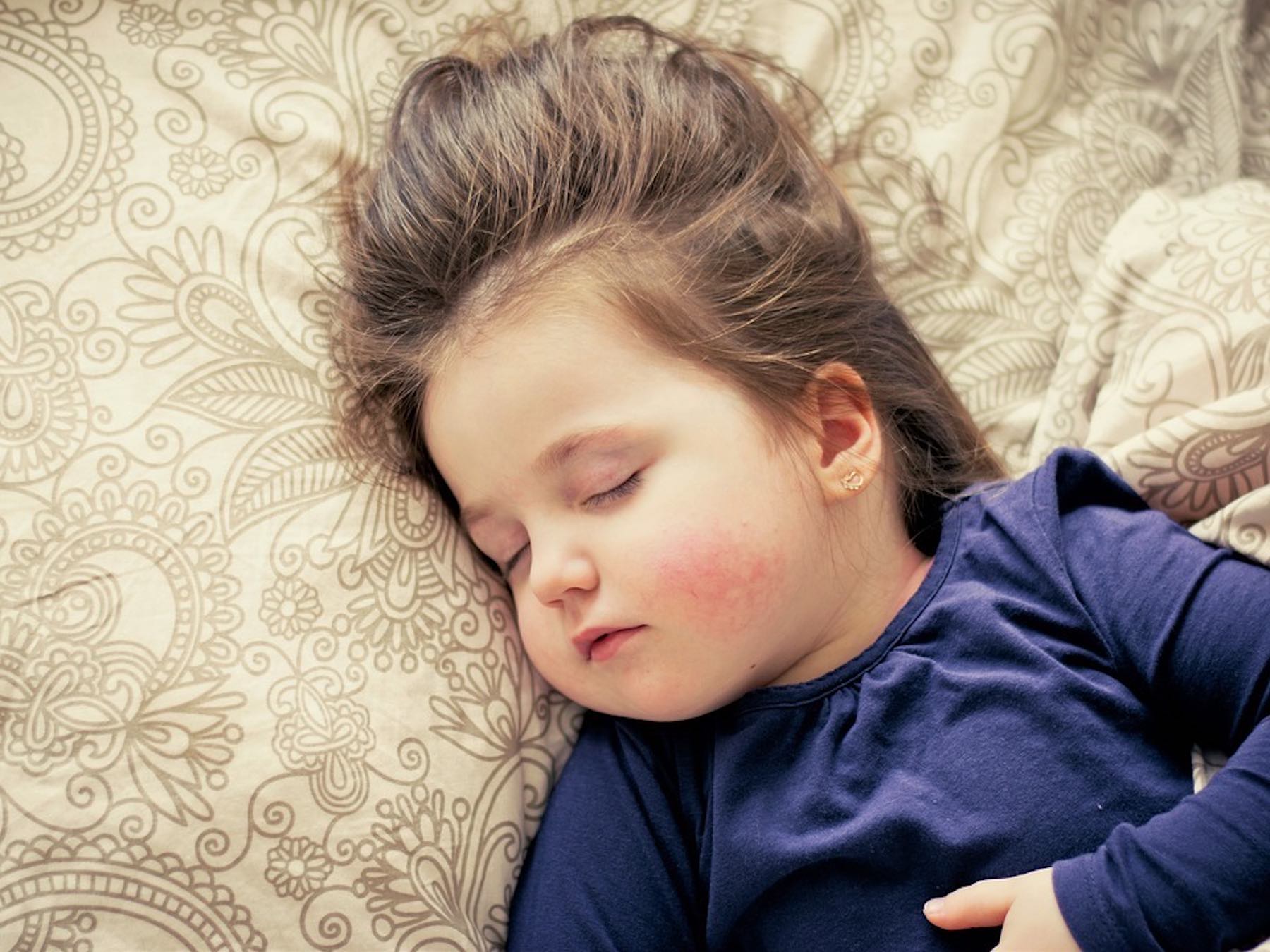Sleep is crucial for young kids, especially toddlers. It’s an essential part of their mental and physical development, and interrupted sleep can lead to several health issues later in life. Unfortunately, just because children need lots of quality sleep, it doesn’t mean that they can get it.
There are several different reasons why your kids might be struggling to sleep. In fact, up until the age of four, it’s something you need to teach them – they won’t just ‘pick it up.’ You should be really aware about the bad and the good toddler beds.
In this article, we’ll give you a few of the best tips to help your children get the perfect night’s rest. Help your kids get the better start every day with just a few easy hacks.
Get a Good Children’s Mattress
One of the best ways to help your children get a great night’s rest is by getting an appropriate mattress for kids. It’s easy to think that any mattress or children’s bed will do, but different kids have different needs, much like adults.
For example, you need to consider the position your child sleeps in, or how restless they are during the night. Do they need something lower to the floor, or do they require better spine and neck support? Is body temperature regulation a problem?
These are all critical questions to ask yourself before buying a new mattress for your kids.
Bedtime Routine
A bedtime routine is the best way to help kids feel ready to go to sleep every day. It’s a good idea to set specific times to go to bed and wake up in the morning. The recommended bedtime for kids is usually around 9 pm. However, you can adjust their bedtime depending on their age and recommended hours of sleep they need.
As part of the routine, help your kids relax before they have to go to bed. Chat together, read a book, or do a few breathing exercises. It’s also a good idea to spend some time together, which will help the kids feel like they’re getting your attention and make them look forward to bedtime. You can download the baby sleep schedule app which will help you in teaching your baby how to fall asleep independently.
Finally, make sure the children feel safe before bedtime. Avoid scary shows or games, and make sure to check the closet and the bed.
Do You Know How Outdoor Play Can Improve Children’s Sleep?
Outdoor playtime can make a huge difference to both the quantity and quality of sleep that children can benefit from. Allowing children to play outdoors and run around, spending more time in the fresh air. It’s very rare to find a child who doesn’t like to swing. Most people may think it’s just because it’s only for fun. But there are also some neurological benefits to swinging on a outdoor swing that many people are unaware of. It helps them calm and soothe. Swinging helps balance children’s brains and is like yoga or meditation for children.
Prepare the Bedroom
You can incorporate this step into the kids’ bedtime routine. Before it’s time for bed, go through the bedroom with your child and remove anything that might be a distraction. Put away toys, lights, electronic devices, or anything that casts a light or makes a noise. There must be no distractions to keep your little ones awake.
To further enhance a peaceful sleep environment for your child, consider a kids single bed with sides, which not only provides a secure and cozy sleeping space but also acts as a comforting barrier against nighttime disturbances, ensuring your child sleeps soundly through the night. With the added security of sides, your child can rest peacefully, free from distractions, and wake up refreshed, ready to take on a new day.
If there’s a nightlight in the room, make sure that it’s not too close to the bed. Ideally, the nightlight shouldn’t have any blue, white, or green tones, which disrupt melatonin production. Try for something that has a warm red or yellow tone instead.
Food and Drink
Your kids can’t necessarily judge when they need to eat, and when they should stop. Like the bedtime routine, an eating schedule is essential. If your child doesn’t eat enough before bed, they’ll likely be very uncomfortable and be unable to go to sleep. The same goes for overeating, and you might even get a few complaints about tummy aches.
You might need to experiment a little, but you’ll have to find the best time for them to have their last meal or drinks. It’s not just about food, but fluids as well. Drinking cola or even water too late can keep the kids awake or result in bedwetting.
Using a food and drink schedule, you can help your kids feel satiated before bed without being uncomfortable or having to get up at night to use the bathroom.
Restless Nights
No matter how hard you try to give your kids the perfect sleeping environment, they may still have sleepless or restless nights. If you’re at your wits’ end, you might be dealing with night terrors, nightmares, or sleepwalking.
If your child lets you know that they’ve had a bad dream, they’re likely suffering from nightmares. In this case, you can help them talk through it and reassure them that they’re safe. If kids understand that it’s not real, it might help them cope with the next one a little better.
Sleepwalking and night terrors are quite different from regular nightmares. In the case of night terrors, they might remember experiencing extreme terror but not much else.
Sleepwalking is also dangerous, as your kids won’t be aware of what they’re doing, and accidents can cause severe injuries. If possible, try to create a way for your kids to be woken up if they leave their room, and make sure that any stairs or dangerous areas are blocked.
If you suspect that one of your children is dealing with either sleepwalking or night terrors, it’s best to see a sleep specialist.
Final Word
There are several reasons why your kids may be struggling with sleep, from craving your attention to suffering from nighttime disorders. Ensure that your kids have a pleasant and comfortable sleep environment and that they’ve wound down and feel safe before sleep.
It’s always a good idea to have a bedtime routine in place and to stick to the recommended sleeping hours for kids. However, spending time with your kids before bed can also help them settle into a routine easier.
Finally, see a specialist to make sure your child doesn’t need help getting the rest they need if nothing else works. Follow these hacks, and your kids will be well on the way to getting better quality sleep.











